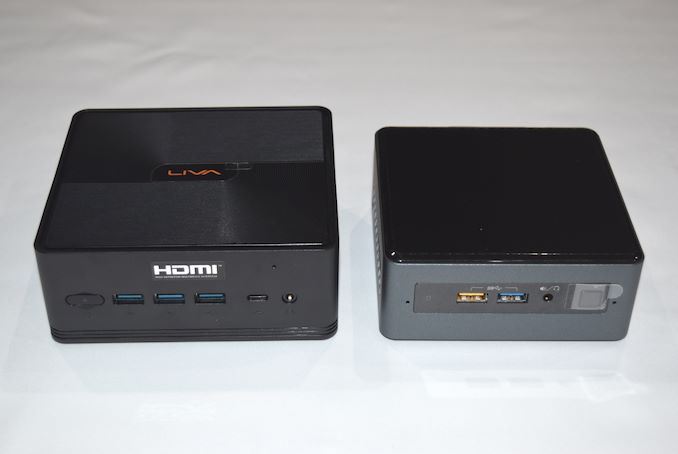Wish they would do a more idiot friendly version of Clear Linux. This definitely seems like something I'd consider for my wife's laptop (N3450 and 4GB of RAM). Anybody know how much of their optimization finds its way on Solus. I've it installed on my desktop, but I'm guessing I'd see more gain on a low powered system.
Edit: Just to clarify, when I say "idiot", I refer to myself, not my wife
Edit: Just to clarify, when I say "idiot", I refer to myself, not my wife





Comment